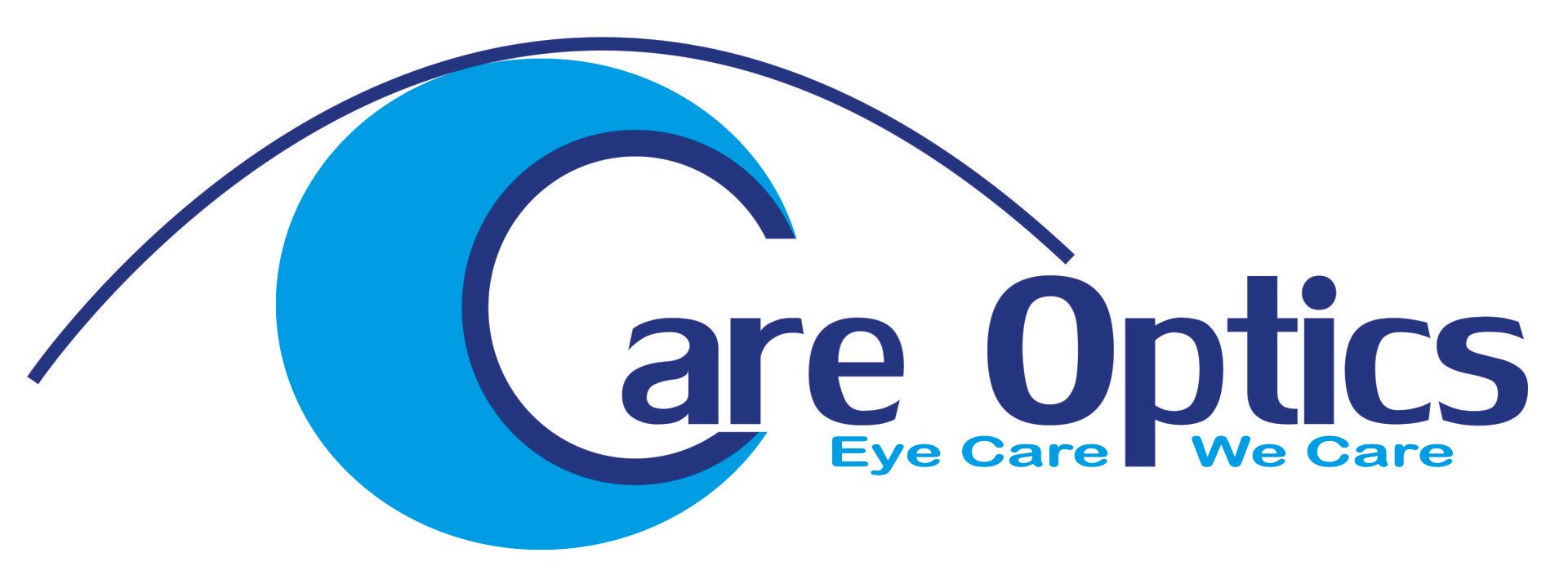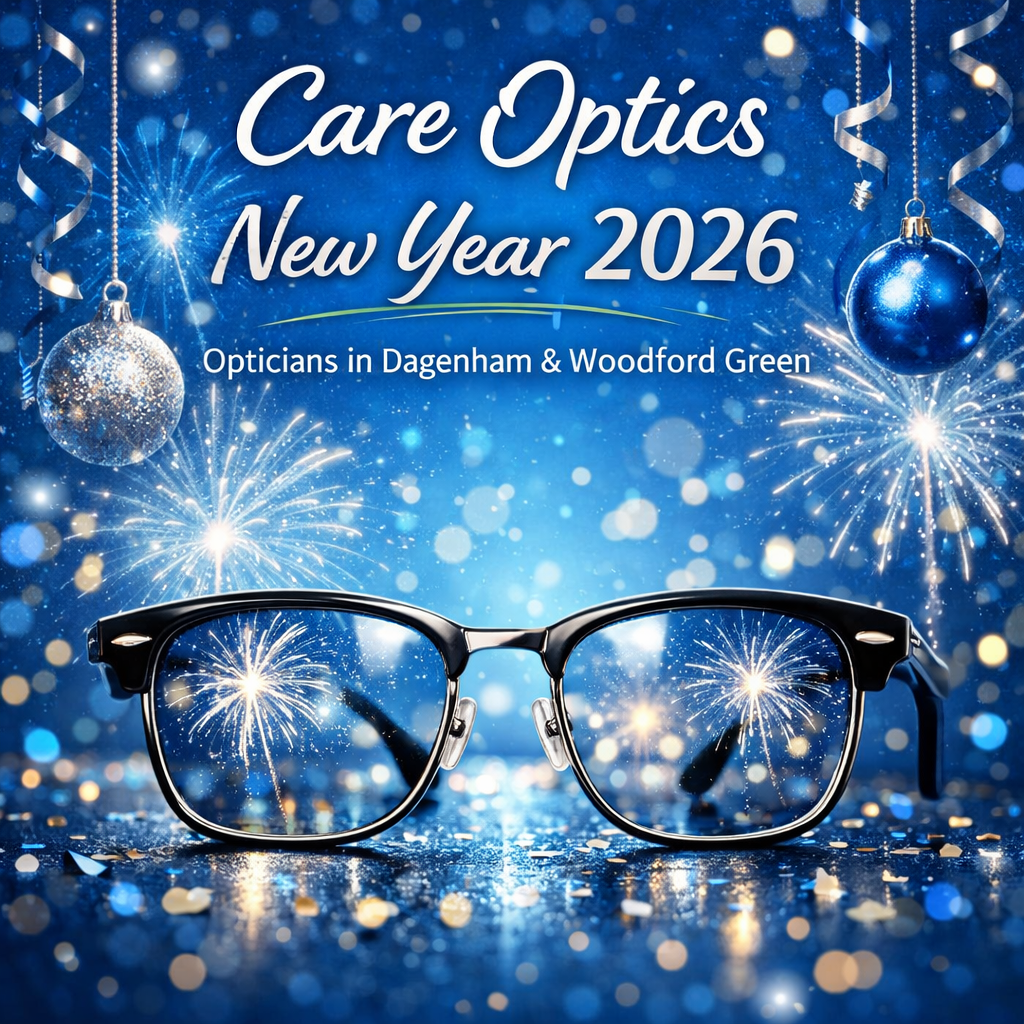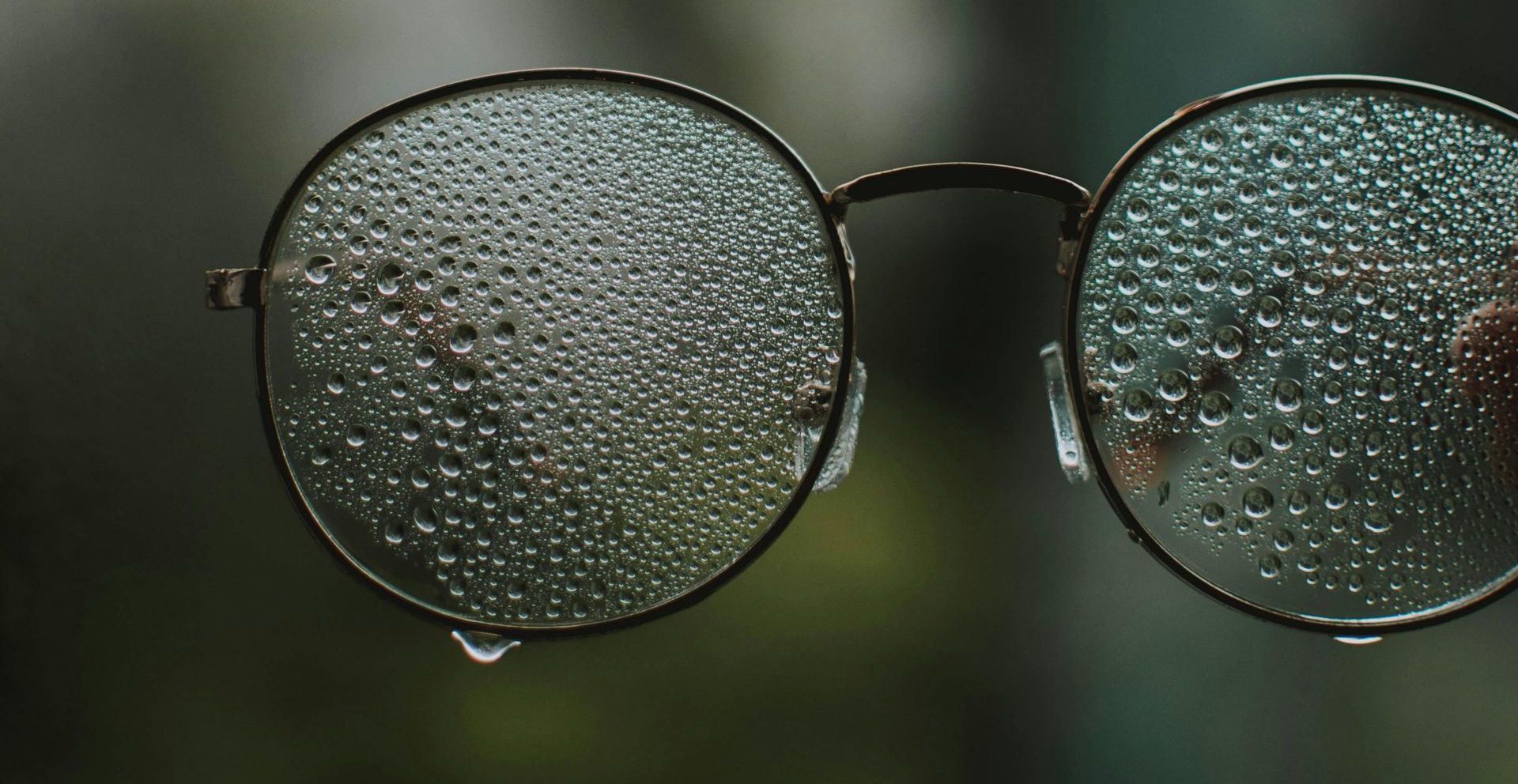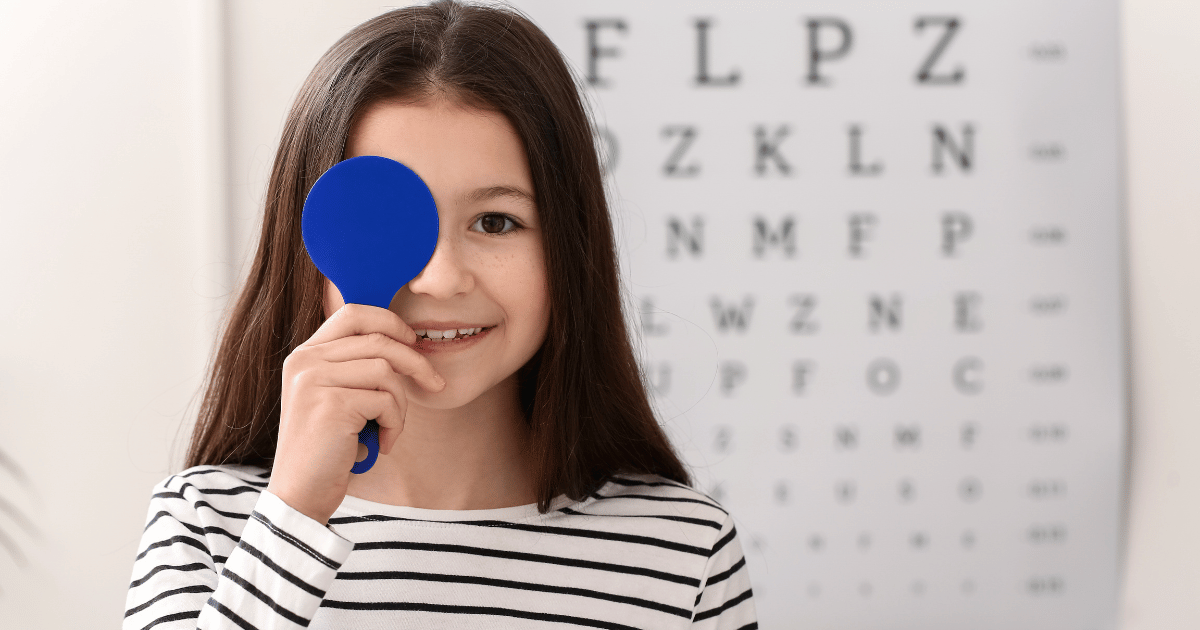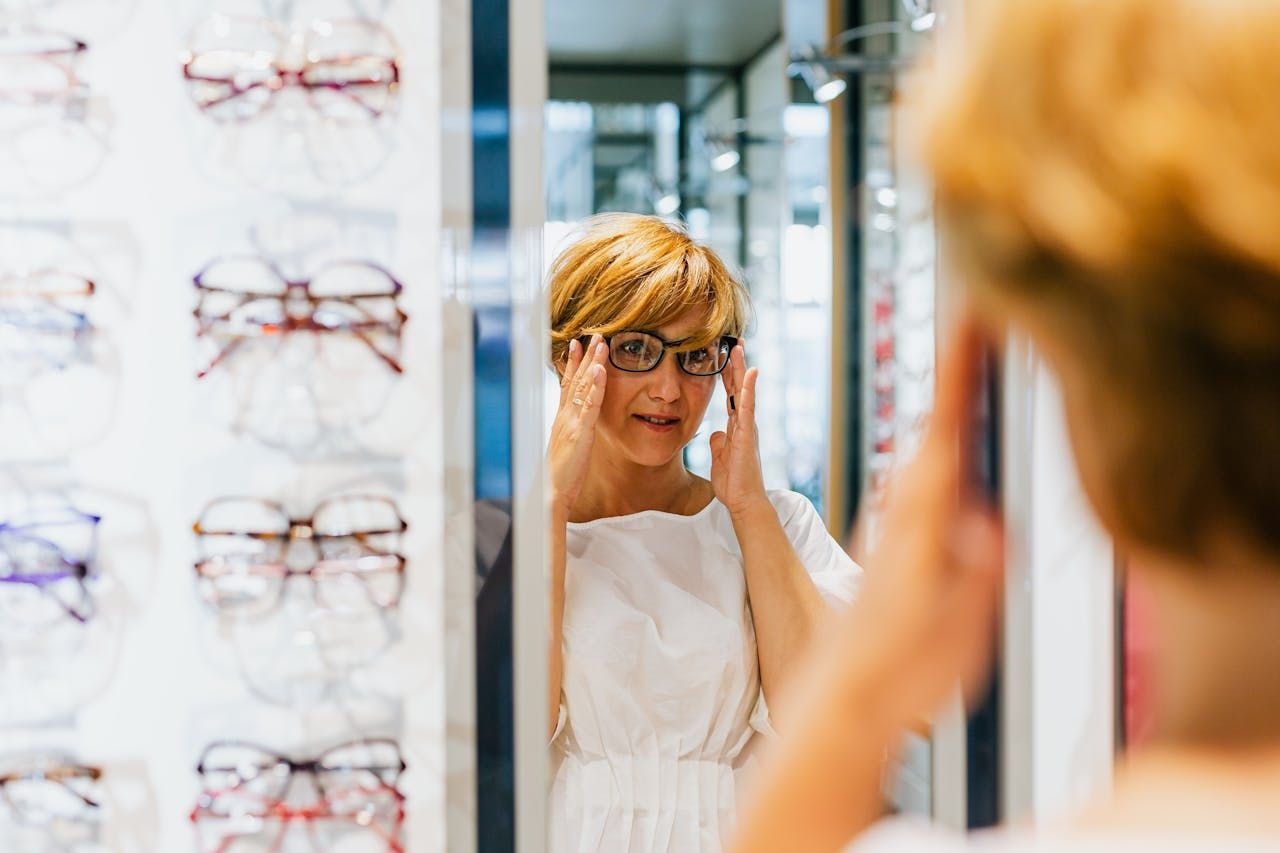Salt Awareness Week & Eye Health

According to WASH (Wold Action on Salt & Health) “no country is on track to achieve a 30% reduction in salt intake by 2025 and no country has reached the World Health Organisation's recommended intake of less than 5g per day. We also know that too much salt in our diet raises blood pressure, which puts us at increased risk of stroke and heart disease.”
Salt does not only affect your general health, it also affects your eye health, but so does your whole diet.
Does my diet affect my eye health? How?
The answer is yes. A diet with high levels of salt may add to your Cataract formation and also increases the Blood Pressure, which can influence your Intraocular Pressure, as it leads to restricted blood flow to your eyes. Like salt, a diet full of saturated fat and sugars can also increase the risk of eye disease. Therefore, having a healthy diet is important for your general wellbeing, as it can prevent or delay problems such as Macular Degeneration, Cataracts and other eye problems. This said, it is also important to avoid prolonged exposure to ultraviolet rays, live a non-smokers life and get your eyes checked annually or whenever your Optometrist/Ophthalmologist recommends you. Don't forget, sunglasses are great when you're outdoors, and taking breaks from digital devices is essential and it will make your eyes less tired at the end of the day, but just as important (if not more) is the attention we must give to the food and liquids we consume on a daily basis.
Foods that improve/maintain my eye health:
- Carrots, Sweet Potatoes, Apricots, Broccoli, Grapefruit, Onions, Spinach & Plums : These ingredients are full of Beta-Carotene (good source for Vitamin A), which promotes the retina health.
- Fatty Fish (Wild Salmon, Tuna, Trout, etc) : These fish are full of good fat, especially Omega-3; they also provide docosahexaenoic acid which is critical for good retinal function.
- Eggs : Eggs contain Zeaxanthin, Lutein and Zinc, which can help to protect your eyes against Macular Degeneration.
- Romaine Lettuce, Kale & Spinach : These greens contain Zeaxanthin and Lutein, and studies show that when consumed in sufficient quantities, they help to reduce the chance of developing Age-Related Macular Degeneration, one of the leading causes of vision lost in the world.
- Oysters : They contain a high concentration of Zinc that helps to built up not just your eyes, but also your immune system, as it is an antioxidant that removes free radicals from your body, making it easier then to absorb Vitamin A. Oysters are also a source of Selenium, which is beneficial for your eyes and together with Zinc, they can substantially reduce your chances of developing Glaucoma.
- Water, 100% Fruit Juices & Non-Caffeinated Herbal Teas : It is crucial to keep yourself hydrated to help reduce irritation from dry eyes and to keep your immune-system healthy and strong.
Also very important is to limit the consumption of red meats, dairy produts and fried food as they increase the risk of developing Macular Degeneration, as well as other health problems. Keep in mind that the way you cook your food can be the main reason that separates meals from being healthy or unhealthy.
Care Optics - Eye Care, We Care.




